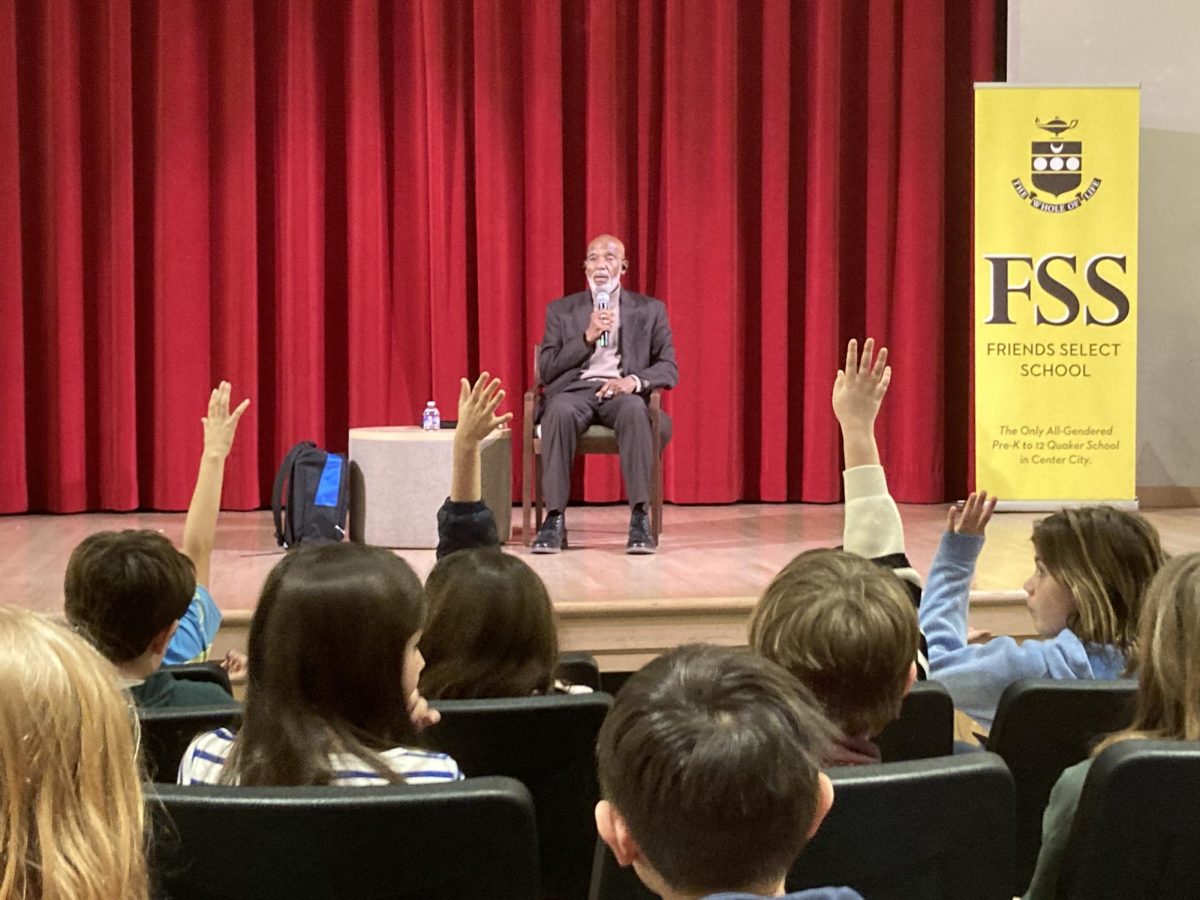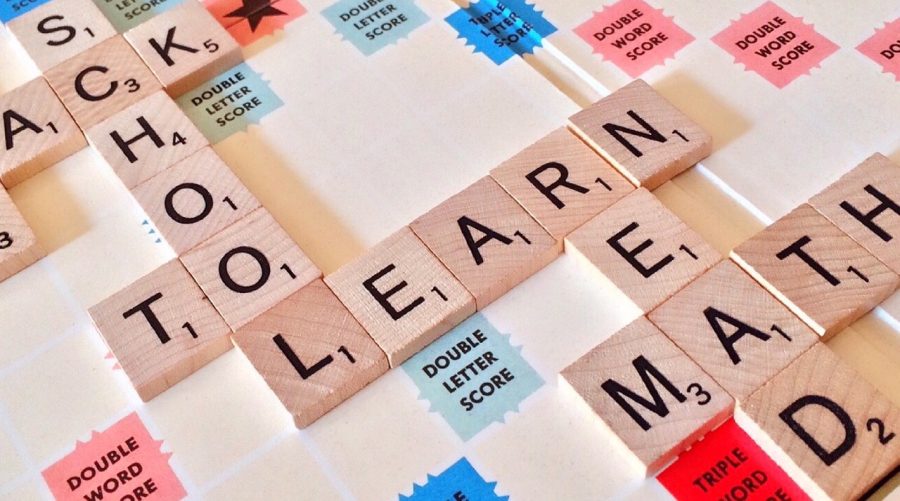Online School, Better than Offline School?
While we are still very much living in a COVID era with the emergence of new variants like Omicron, the days of lockdowns and self-isolation still seem more like a distant memory. Along with that, the memory of attending school every day through my monitor or laptop screen also still seems like a bizarre dream. However, for me, it hasn’t even been a year since I began to attend school in person again. Online school, or Zoom school as some people like to call it, is still very fresh in the minds of students at all academic levels around the world. And as we have begun to pivot more towards a regular school experience, I can’t help but wonder, does online schooling still have a place in the future of mainstream education?
One positive aspect of an online education is the privacy it provides, especially for people with disabilities, both physical and mental. People with disabilities of all kinds can experience discrimination, bullying, and harassment, more so in educational settings. Online education as an open option would help those people feel more comfortable and confident as they pursue an education. Depending on the person, it may not even be feasible for some to get up and leave the house every day for 8+ hours, so having an online option would really be opening doors for many people all over the world. A Northwestern University research study has shown that disabled students prefer online education due to the flexibility of being able to do their work when they are able to, not when the class dictates. This research also states, “Approximately 70% of online students with disabilities do not disclose their disability or request accommodations.” This shows that online education can allow disabled students to achieve their goals without being judged for their handicap, and instead for their intellect, skill, and character.
The openness and flexibility of online schooling not only offers you more input as to when you do work and when you have classes, but also your free time can be more rewarding since you are already at home. For example, for a class I was taking during the 2020-21 school year, we had a small unit on video editing. From that class, video editing became something that I really loved to do, and during my free periods, I would record short videos or sketches and questionable-quality stop motion videos and edit them together. That is something that would have been hard to pursue in the same way without the flexibility and free time of an online learning schedule.
During online school, I found that I was able to connect more with my family, complete my schoolwork on my own time, and also choose when to do things. I was able to see my parents multiple times a day, to see my dad work, to see my mom go through her daily routine. I felt closer to them than I had in a while. I was also able to eat lunch on my time. If I felt hungry earlier in the day or later, I was able to listen more to what my body wanted when it wanted it. I was also able to eat better, fresher, fuller meals because I didn’t have to worry about transporting it to and from school and fitting it inside my lunchbox. This led to feeling more energized and awake during the day and even helped regulate my sleep schedule. Having my day feel more like my day increased my mood, work ethic, and mental health to levels higher than what they had been in in-person school. But you don’t just have to take it from me. The APA conducted a study that found that out of 600 parents, the second most valued aspect of online learning was flexibility in both the way students learn and how they learn it. In a separate study, (still found in the link above) the APA also found that 18% of parents pointed towards greater flexibility as the biggest benefit for their child from online learning.
However, not every aspect of learning online is perfect. Online school can only come so close to replicating all the facets of an in-person learning experience. But with some external boosts, it can be replicated at least in some way. If you were to ask anyone what the biggest drawback of online learning was, they would say the lack of social interaction. My counter to that is that we live in the digital age. People have more ways to keep in touch with each other than ever before, using platforms like Skype, Zoom, Discord, FaceTime, just to name a few. There are also tools to go beyond just talking: many streaming platforms have a built-in watch party feature, as well as Apple’s FaceTime, which allows you to listen to music and watch movies and TV with other people on the call with you. These are not perfect solutions, and may not be accessible to everyone, but these tools are a great way to keep in touch especially when gathering externally outside of a school setting is not an option.
Another issue with online learning is that academic dishonesty is much more prevalent and accessible compared to in-person learning. There are some companies and specialized software dedicated to curbing these issues. However, I find those apps oppressive and too often work against the students and the very people that online learning could help. Since what I’m arguing is that online learning should remain an option for students that may need it because of some inherent benefits, I don’t think that the people who would participate in online learning would cheat. If they did, they would only be cheating themselves out of the benefits of this educational medium, and it would catch up to them at some point.
Online learning is an overlooked avenue for many different kinds of people to gain knowledge and an education without the trials and tribulations that they could experience from being physically in the classroom. Only time will tell if online schooling will remain a part of modern mainstream education, but I am a firm believer that it can only be a force for good.
























Tr. Debby • Jan 19, 2022 at 10:34 AM
Fascinating article. You make so many good points. Thank you